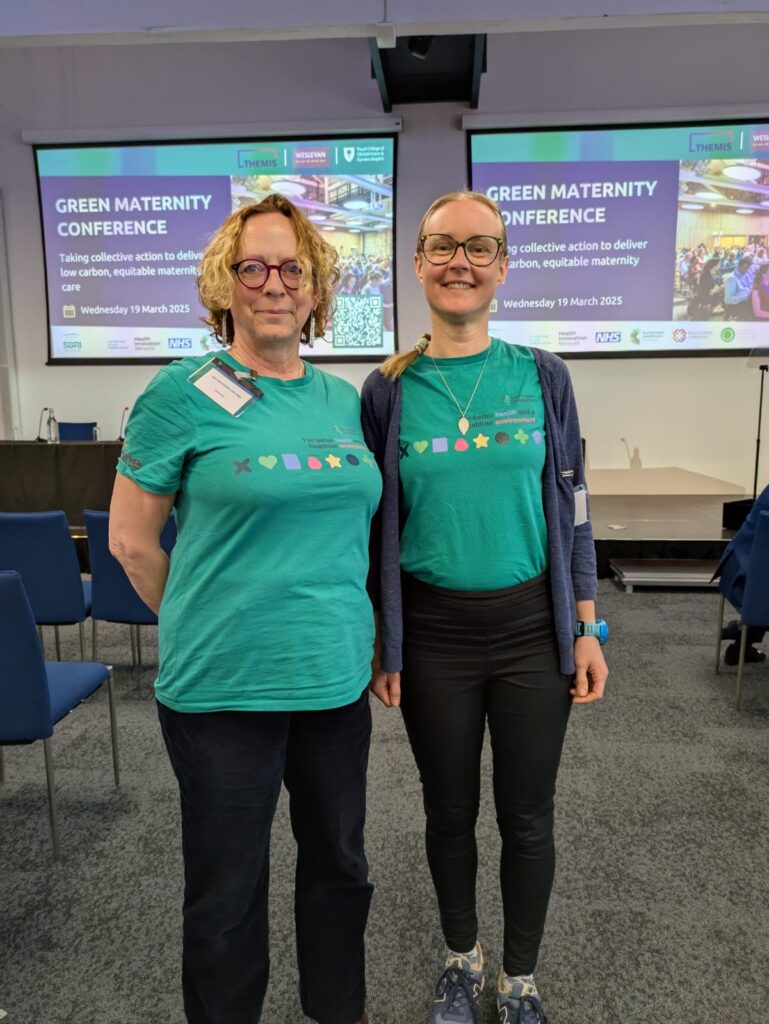Newcastle Hospitals has joined trusts across the country to mark their commitment to a greener, more sustainable NHS.
The trust is the first in the north to join to the Circular Economy Healthcare Alliance, which was set up to advocate for re-using medical products and equipment where safe to do so.
The NHS in England generates around 440 tonnes of medical waste every day. While discarding items has become commonplace, research and analysis shows that this is often unnecessary and driven by misconceptions about infection risk.
The alliance focuses on three key areas:
- not using items when they aren’t needed.
- using reusable items rather than single-use wherever possible.
- ensuring end-of-life items are returned for remanufacture or recycling where possible.
Protecting new life
The trust has well-established re-usable processes in place and was the first in Europe to adopt reusable sharps containers over 20 years ago.
Re-usable bed curtains are also used, and on-site sterile services mean reusable instruments for theatres, day cases, and at Newcastle’s Dental Hospital, can be processed.
In its maternity services, the trust is taking steps to reduce unnecessary waste through the Born Green Generation project.
Born Green Generation aims to protect newborn babies from the harmful effects of certain plastics and chemicals, while reducing unnecessary plastic waste.

Aly Kimber-Herridge, midwife and Born Green Generation project manager, said:
“It’s great news that the trust has joined the Circular Economy Health Care Alliance.
“The Born Green Generation project aims to deliver healthcare free from unnecessary plastics and toxic chemicals, and protect current and future generations. Joining this alliance will help this ambition to become a reality.”
Dr Amy Manning, Born Green Generation project manager (obstetrics and gynaecology), added:
“This is really exciting step forward for Born Green Generation project. We will be able to work together with other hospitals around the country to drive change in the NHS for a safe and sustainable healthcare system.”
Net zero commitment
The trust has committed to becoming net zero by 2030, with several initiatives underway to help meet this target.
In May of this year, the trust received £40m to decarbonise the Freeman Hospital and two community sites. This will see the installation of heat pumps, electrical upgrades, double glazing, solar panels, and energy-efficient lighting.
As part of embedding sustainability into all purchasing decisions, it is now mandatory for all suppliers to submit carbon emission data to ensure robust reporting measures.
A five-step framework has also been developed to support suppliers to reach their net zero goals with over 850 companies working within this framework to reduce carbon footprint.
James Dixon, associate director for environmental sustainability at Newcastle Hospitals, said:
“Our climate emergency strategy includes a commitment to generate less waste and to reuse and recycle more. Increasing the use of reusables in a hospital setting can be challenging so joining the alliance will help us to learn from other progressive NHS organisations and empower staff who are keen to reduce waste and help care for people and planet.”

Further information:
The trusts who are part of the alliance are:
- Newcastle Hospitals
- University College London Hospitals
- University Hospitals Sussex
- Cambridge University Hospitals
- West London NHS Trust
- Imperial College Healthcare
- Chelsea and Westminster Hospital NHS Foundation Trust
- Central London Community Healthcare
